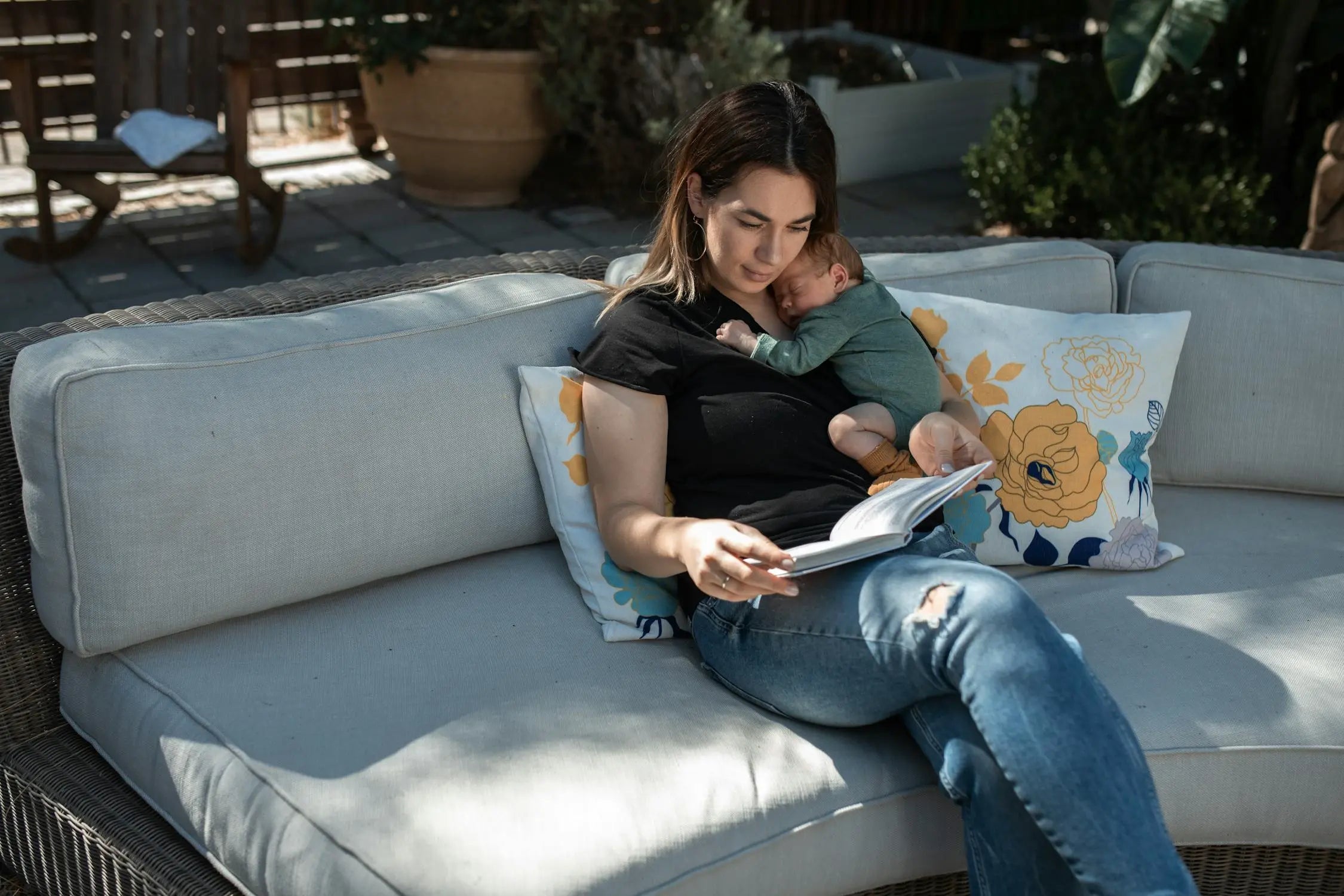Home
Pregnancy, Breastfeeding, and Pumping: The Ultimate Guide for Moms
How Soon After Spotting Can I Take a Pregnancy Test?

How Soon After Spotting Can I Take a Pregnancy Test?
When you notice spotting, it can be both exciting and nerve-wracking, especially if you're trying to conceive. One of the first questions that may come to mind is, 'How soon after spotting can I take a pregnancy test?' The answer isn't always straightforward, as it depends on various factors. This article will guide you through the timing, accuracy, and considerations to keep in mind when deciding to take a pregnancy test after spotting.
Understanding Spotting and Its Causes
Spotting refers to light bleeding that occurs outside of your regular menstrual period. It can be caused by a variety of factors, including hormonal changes, implantation bleeding, or even stress. Implantation bleeding, in particular, is often a sign of early pregnancy and occurs when the fertilized egg attaches to the uterine lining. This type of spotting is usually lighter and shorter in duration than a typical period.
When to Take a Pregnancy Test After Spotting
The timing of when to take a pregnancy test after spotting largely depends on the type of test you're using and the levels of the pregnancy hormone hCG (human chorionic gonadotropin) in your body. Most home pregnancy tests are designed to detect hCG in your urine, but the sensitivity of these tests can vary. Here are some general guidelines:
- Early Detection Tests: Some tests are designed to detect lower levels of hCG and can be taken as early as 6-8 days after ovulation. If you suspect that the spotting is due to implantation bleeding, you may consider using an early detection test a few days after the spotting occurs.
- Standard Tests: Most standard pregnancy tests recommend waiting until the first day of your missed period to take the test. This is typically around 14 days after ovulation. If you experience spotting and then miss your period, this would be an appropriate time to take a standard test.
Factors Influencing Test Accuracy
Several factors can influence the accuracy of a pregnancy test taken after spotting. These include:
- Timing: Taking the test too early can result in a false negative, as hCG levels may not yet be high enough to detect.
- Test Sensitivity: Different tests have different sensitivities to hCG. Early detection tests are more sensitive and can detect lower levels of the hormone.
- Urine Concentration: The concentration of hCG in your urine can vary depending on how much fluid you've consumed. For the most accurate results, it's recommended to take the test with your first-morning urine, which is more concentrated.
- Medications: Certain medications, such as those containing hCG, can affect the results of a pregnancy test. If you're taking any medications, it's important to read the test instructions carefully or consult with a healthcare provider.
What to Do If the Test Is Positive
If your pregnancy test is positive, it's important to confirm the result with a healthcare provider. They may perform a blood test, which is more sensitive and can provide a more accurate measurement of hCG levels. Additionally, your healthcare provider can offer guidance on next steps, including prenatal care and lifestyle adjustments to support a healthy pregnancy.
What to Do If the Test Is Negative
A negative test result can be disappointing, but it doesn't necessarily mean you're not pregnant. If you still suspect pregnancy despite a negative result, consider waiting a few more days and taking another test. hCG levels double every 48-72 hours in early pregnancy, so waiting a few days can make a significant difference in the test's accuracy. If you continue to experience spotting or other symptoms, it's a good idea to consult with a healthcare provider to rule out other potential causes.
Other Considerations
While spotting can be a sign of early pregnancy, it's important to remember that it can also be caused by other factors, such as hormonal imbalances, stress, or even certain medical conditions. If you're unsure about the cause of your spotting or if it's accompanied by other symptoms like severe pain or heavy bleeding, seek medical advice promptly.
Understanding your body and the signs it gives you is crucial when trying to conceive. Spotting can be a hopeful sign, but it's essential to approach it with a balanced perspective. By knowing when to take a pregnancy test after spotting and understanding the factors that influence its accuracy, you can make informed decisions and take the necessary steps toward achieving your pregnancy goals.
If you're eager to find out whether you're pregnant after noticing spotting, timing is everything. By following the guidelines outlined in this article, you can increase the likelihood of getting an accurate result and take the next steps with confidence. Whether the test is positive or negative, remember that you're not alone, and there are resources and support available to help you on your journey.
Share
